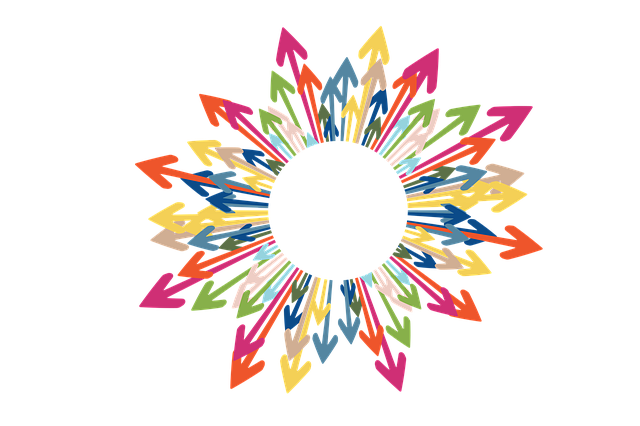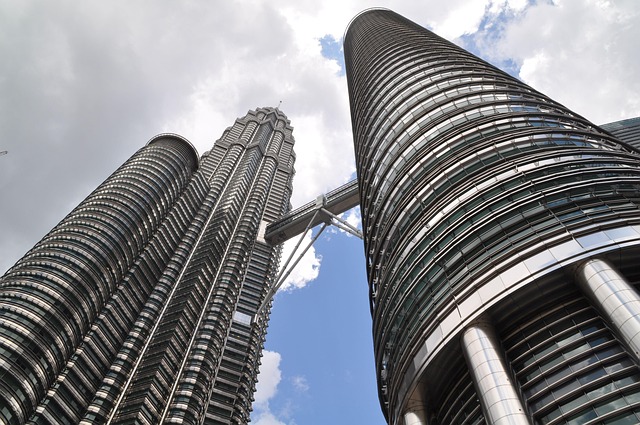Boost Event Attendance: Craft & Promote Time-Sensitive Early-Bird Discounts

Early-bird discounts, integrated into targeted digital ads through online advertising platforms, sig…….
Introduction
In the digital age, the realm of event organization has been revolutionized by the advent of online advertising. This dynamic tool has become an indispensable element for event organizers looking to reach wider audiences, maximize event visibility, and drive registrations and attendance. In this comprehensive article, we will delve into the intricacies of online advertising as it pertains to event organizers. We will explore its significance, the global impact it has on the industry, economic considerations, technological advancements, policy implications, challenges, successful case studies, and what the future may hold for this vibrant field. Readers will gain valuable insights into how online advertising can be leveraged effectively to enhance event success and learn about the best practices in this domain.
Understanding Online Advertising for Event Organizers
Online advertising for event organizers encompasses a range of digital marketing strategies used to promote events, conferences, trade shows, and other gatherings. It includes search engine marketing (SEM), social media advertising, display ads, email marketing campaigns, influencer partnerships, and more. These methods are designed to target specific demographics, increase brand awareness, drive ticket sales, and foster engagement with potential attendees.
Historically, event promotion was limited to traditional media such as print, radio, and television. However, the digital transformation has shifted the focus towards online channels, which offer more precise audience targeting, real-time analytics, and cost-effective solutions. Online advertising for event organizers is a multifaceted discipline that requires an understanding of various platforms, audience behaviors, and technological tools to create effective campaigns.
Global Impact and Trends
The influence of online advertising on event organizing is global, with trends in consumer behavior, technological advancements, and economic factors shaping its trajectory. For instance, the COVID-19 pandemic accelerated the adoption of virtual and hybrid events, which in turn increased the reliance on digital advertising to reach audiences worldwide.
Different regions are affected by these trends differently. North America and Europe have been at the forefront of adopting advanced online advertising strategies, while emerging markets are rapidly catching up as internet penetration and mobile connectivity improve. The Asia-Pacific region, in particular, has seen a surge in online event participation, with platforms like Zoom, Microsoft Teams, and WeChat becoming integral to event promotion and execution.
Economic Considerations
Online advertising is not just a promotional tool but also an economic driver for event organizers. It influences market dynamics by enabling smaller events to compete with larger ones through targeted campaigns. Investment patterns in online advertising are shaped by factors such as the perceived return on investment (ROI), audience segmentation, and the overall marketing budget of the event.
In economic terms, online advertising contributes to the GDP by creating jobs and fostering innovation within the digital marketing sector. It also allows for more precise measurement of campaign effectiveness through metrics like click-through rates, conversion rates, and customer acquisition costs. This data-driven approach helps event organizers make informed decisions about their marketing strategies and budget allocations.
Technological Advancements
Technological advancements have significantly impacted online advertising for event organizers. The integration of artificial intelligence (AI) and machine learning (ML) allows for more sophisticated targeting and personalization of ads, leading to higher engagement rates. Augmented reality (AR) and virtual reality (VR) are also being explored to create immersive ad experiences that can entice potential attendees.
The use of programmatic advertising has become prevalent, automating the buying process for online ads to ensure they reach the right audience at the optimal time. Big data analytics enable event organizers to understand consumer behavior and preferences, tailoring their campaigns for maximum impact. The future holds promise for even more advanced technologies like blockchain for ad verification and quantum computing for processing large datasets at unprecedented speeds.
Policy and Regulation
The landscape of online advertising is governed by a complex web of policies and regulations. In the European Union, the General Data Protection Regulation (GDPR) has set strict guidelines on data privacy and consumer protection, affecting how event organizers collect and use audience information. The California Consumer Privacy Act (CCPA) in the United States imposes similar requirements.
These regulations not only protect consumers but also ensure a level playing field for all advertisers. They require event organizers to be transparent about their data collection practices and to secure user consent before using personal information for advertising purposes. Compliance with these policies is crucial for maintaining consumer trust and avoiding legal penalties.
Challenges and Criticisms
Despite its advantages, online advertising for event organizers faces several challenges. One of the primary concerns is ad fatigue, where audiences become desensitized to repeated ads, leading to lower engagement rates. Another challenge is the increasing competition for digital ad space, driving up costs and making it harder for smaller events to gain visibility.
Privacy concerns are also at the forefront, as consumers are becoming more aware of how their data is used. Event organizers must navigate these issues carefully, ensuring they respect user privacy while still effectively targeting potential attendees. To overcome these challenges, strategies such as diversifying ad formats, leveraging emerging social media platforms, and investing in high-quality content can be employed.
Case Studies: Successful Online Advertising Campaigns
Several event organizers have successfully harnessed the power of online advertising to achieve their objectives. For instance, a tech conference used targeted Facebook ads to reach professionals interested in emerging technologies, resulting in increased ticket sales and high attendee satisfaction. Another event organizer utilized influencer marketing to promote a wellness retreat, which saw a significant uptick in registrations due to the credibility and reach of the influencers involved.
These case studies demonstrate the potential of online advertising when executed with precision and creativity. They underscore the importance of understanding the target audience, selecting the right platforms, and crafting compelling messages that resonate with potential attendees.
Future Trends and Predictions
Looking ahead, online advertising for event organizers is expected to evolve further with advancements in technology and shifts in consumer behavior. The rise of virtual and augmented reality will enable more immersive and interactive ad experiences. Personalization will become even more sophisticated as AI continues to refine audience segmentation and targeting capabilities.
The integration of voice search and smart assistants like Siri, Alexa, and Google Assistant into the advertising mix will also change how audiences interact with ads. Event organizers will need to adapt their strategies to engage with these new interfaces effectively. Additionally, the increasing importance of sustainability in marketing may lead to more eco-friendly practices within the online advertising industry.
Conclusion
Online advertising has revolutionized event promotion, offering event organizers a wealth of opportunities to reach and engage their target audience. From targeted social media campaigns to immersive AR experiences, the digital landscape provides innovative tools for promoting events effectively. However, with these opportunities come challenges such as privacy concerns, ad fatigue, and the need for compliance with regulations.
Understanding the interplay between technology, consumer behavior, and policy is key to navigating the complex world of online advertising. By staying abreast of trends and continuously refining strategies, event organizers can leverage this dynamic field to achieve greater success in promoting their events and fostering meaningful connections with attendees. The future of online advertising for event organizers is bright, promising even more innovative solutions and effective engagement tactics as the industry continues to evolve.

Early-bird discounts, integrated into targeted digital ads through online advertising platforms, sig…….

Video ads are a dynamic component of event promotion strategies, generating interest and excitement…….

Event marketing through paid ads is a powerful B2B strategy, allowing brands to connect directly wit…….

In the digital age, interactive elements like polls and teaser ad campaigns significantly enhance ev…….

Digital marketing for events leverages online platforms to globally attract diverse audiences throug…….

Event organizers can effectively reach and engage their target audience through online advertising……..

Last-minute registrations significantly impact event success. Organizers can use urgency-driven mark…….

TL;DR:Digital marketing for events relies heavily on tracking KPIs like CTR, CPC, and conversion rat…….

Event organizers can leverage Google Ads to significantly enhance their marketing efforts by targeti…….

Video ads are revolutionizing digital marketing for events by creating captivating content that reso…….